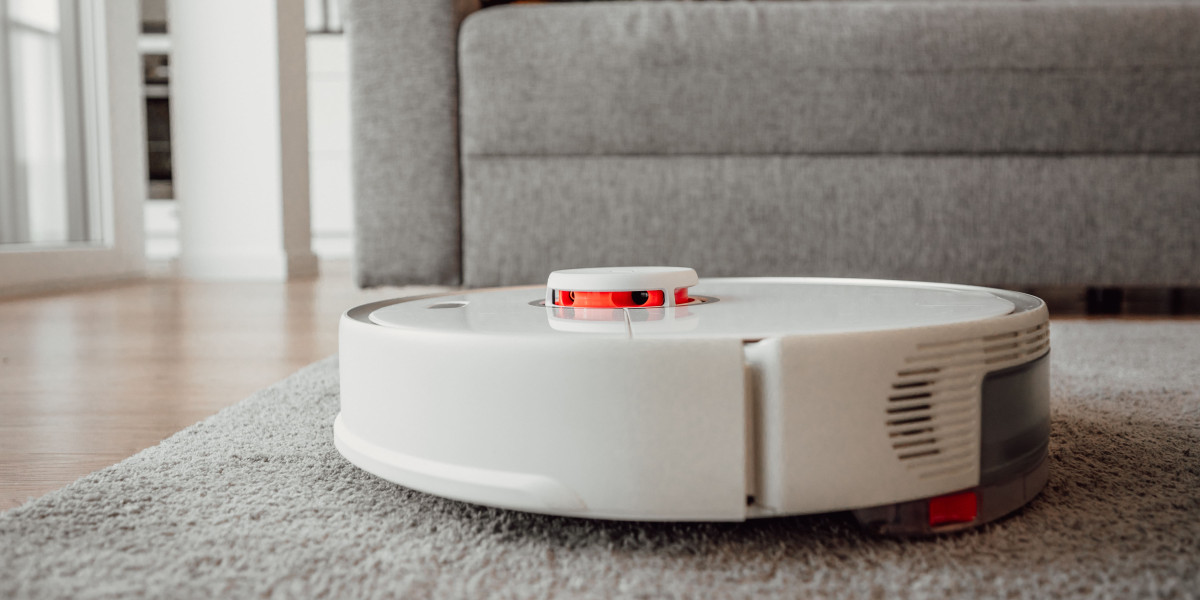
The Rise of Automatic Hoover Robots: Revolutionizing Home Cleaning
In today's hectic world, technology continues to reshape the way we live and work. Amongst the developments making a significant effect on households are automatic hoover robots, typically referred to merely as robot vacuums. These intelligent cleaning machines guarantee not just convenience however also performance in keeping clean living spaces. This short article checks out the evolution, benefits, restrictions, and future of automatic hoover robots.
The Evolution of Automatic Hoover Robots
The concept of automated cleaning devices dates back to the early 20th century, however it wasn't till the advent of advanced robotics, sensing units, and artificial intelligence that robot vacuums became practical. The following table illustrates key turning points in the development of automatic hoover robots:

| Year | Turning point |
|---|---|
| 1996 | The first automatic vacuum - maskarad.bomba-piter.Ru - is introduced by Electrolux. |
| 2002 | iRobot launches the Roomba, a consumer-grade robot vacuum. |
| 2010 | Introduction of advanced mapping technology and crash sensors. |
| 2016 | Robotic vacuums start integrating with smart home systems. |
| 2020 | Increased adoption of AI and artificial intelligence for better cleaning algorithms. |
How Automatic Hoover Robots Work
Automatic hoover robots operate utilizing a mix of sensing units and algorithms to navigate home spaces. Below are crucial parts that add to the performance of these makers:
- Sensors: Lidar (light detection and varying), infrared, and cliff sensing units assist the robot map the area and avoid obstacles.
- Mapping Technology: Many designs now use sophisticated mapping abilities, enabling effective navigation through spaces, identifying high-traffic locations, and remembering the layout of your home.
- Cleaning Modes: Most robot vacuums come with several cleaning modes, consisting of spot cleaning, edge cleaning, and methodical navigation.
- App Connectivity: Many contemporary styles enable control through smart device apps, making it possible for users to schedule cleansings and personalize settings from another location.
Advantages of Automatic Hoover Robots
Automatic hoover robots provide a wide variety of advantages, making them appealing to a substantial number of customers. Here are some engaging benefits:
- Time-Saving: Users can schedule cleansings and multitask while the robot does the work.
- Constant Cleaning: Regularly scheduled cleanings guarantee that homes remain tidy.
- Availability: Robots can clean up hard-to-reach areas like under furniture without manual effort.
- Smart Features: Integration with smart home systems enables voice control and more sophisticated scheduling options.
Limitations of Automatic Hoover Robots
Despite their advantages, automatic hoover robots have specific disadvantages that users require to think about:
- Battery Life: Most robot vacuums need recharging, which can interrupt cleaning cycles.
- Suction Power: While efficient for light particles, they might fight with deeply embedded dirt or thick carpets.
- Upkeep: Regular cleaning of brushes and filters is required to keep efficiency.
- Cost: High-end models can be pricey, which might be a barrier for some customers.
Future of Automatic Hoover Robots
As innovation continues to advance, there are numerous amazing potential customers for automatic hoover robots. Here's what to expect in the coming years:
- Enhanced AI: Improved device learning algorithms could allow robots to adjust their cleaning methods based on the specific layout and dirt levels in a home.
- Multi-Functionality: Future models may not just vacuum but also mop, sanitize surface areas, or perhaps offer real-time ecological monitoring.
- Integration with Home Automation: Increased interoperability with various smart vacuum home systems will likely improve control and functionality.
- Sustainability: Future versions might focus on environment-friendly features, consisting of naturally degradable elements and energy-efficient operations.
Frequently Asked Questions (FAQs)
1. How frequently should I run my automatic hoover robot?
- It mainly depends on your lifestyle, however running it a few times weekly can help preserve a clean home, especially in high-traffic areas.
2. Can I utilize a robot floor cleaner vacuum on carpets?
- Lots of robot vacuums are created to work on carpets, but performance may vary depending on the density and density. Always check the maker's requirements.
3. Do robot vacuums work well with animal hair?
- Many modern models are equipped with brushes and strong suction power specifically developed to deal with pet hair efficiently.
4. Can I set up cleanings from another location?
- Yes, many robot vacuums come with smartphone apps that permit users to schedule cleansings and control functions from anywhere.
5. How do I preserve my robot vacuum?
- Regularly tidy the brushes, empty the dustbin, and change filters according to the producer's suggestions to guarantee ideal efficiency.
Automatic hoover robots represent a considerable shift in the method households approach cleaning. By combining innovative innovation with easy to use features, these devices not only offer convenience however also boost effectiveness in keeping tidy home. As advancements continue, the future of automatic hoover robots looks promising, possibly providing much more intelligent vacuum cleaner solutions for modern homes.
In a world where time is of the essence, the role of technology in home care is becoming significantly important, making automatic hoover robots an exceptional financial investment for those seeking to streamline their lives while guaranteeing cleanliness.








